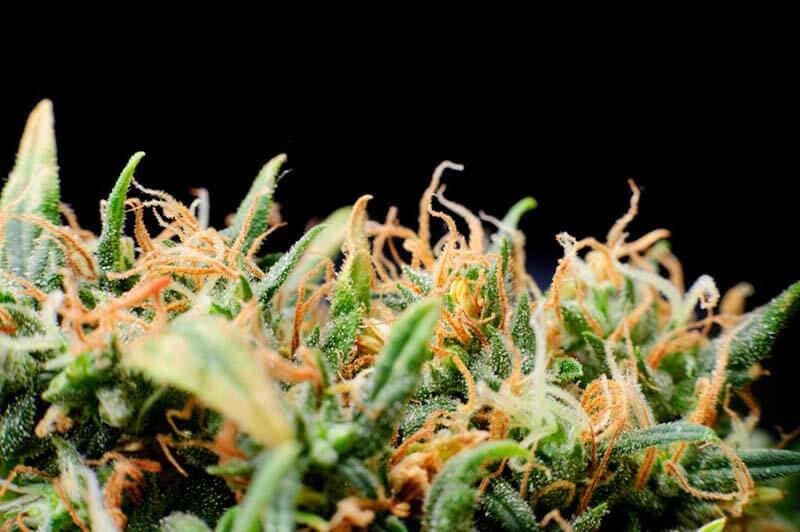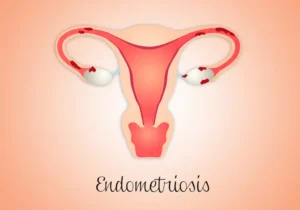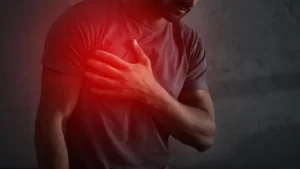Hey there, fellow readers! Today, we’re going to dive into an intriguing topic that’s been gaining traction: how cannabis can potentially help individuals dealing with Post-Traumatic Stress Disorder (PTSD). Now, let’s have an open and friendly chat about this fascinating subject and how it might offer some relief to those who need it.
Understanding PTSD
First things first, let’s grasp what PTSD is all about. PTSD is a harrowing mental health condition that can haunt individuals who have endured or witnessed traumatic events. It can lead to anxiety, nightmares, flashbacks, and a general sense of unease. Coping with PTSD can be challenging, and it’s crucial to find ways to manage the symptoms effectively.
The Role of Cannabis
Now, before we proceed, remember that we are not medical experts, and everyone’s experience with cannabis can be different. While scientific research on cannabis and PTSD is ongoing, some studies suggest that cannabis might provide some benefits for certain individuals struggling with PTSD.
Stress Reduction
Cannabis contains compounds known as cannabinoids, like CBD (cannabidiol) and THC (tetrahydrocannabinol). CBD, in particular, has been associated with anxiety reduction and stress management. Some users have reported feeling more relaxed and at ease after using CBD products.
Sleep Improvement
One common challenge for individuals with PTSD is disrupted sleep patterns due to nightmares and anxiety. Cannabis, particularly strains or products with higher CBD content and lower THC levels, may promote better sleep by calming the mind and promoting a sense of tranquility.
Emotional Regulation
Living with PTSD can lead to intense emotional highs and lows. THC, another component of cannabis, may help some individuals stabilize their emotions and promote a more positive outlook. However, it’s essential to be cautious with THC, as high doses might have the opposite effect and increase anxiety in some cases.
Community Support
Apart from its potential medicinal benefits, cannabis can create a sense of community among individuals who use it for PTSD or other conditions. Engaging with others who share similar experiences can offer support, understanding, and camaraderie.
* Are you interested in quality sustainable, plant-based, vegan, and cruelty free products? Pure Hemp Botanicals pledges to use only the highest quality industrial grade hemp plant material and therefore optimize the purity and effectiveness of the products they provide to their community of customers. To find out more about these great products visit https://pure-hemp-botanical.pxf.io/DKnKXo.
As an Impact Affiliate, I receive a small commission at no cost to you, if you proceed to make a purchase.
Important Considerations
While cannabis may show promise for some individuals dealing with PTSD, it’s essential to approach its use responsibly and with caution. Here are some vital points to remember:
- Consult with a Professional: If you’re considering using cannabis to manage PTSD symptoms, consult with a healthcare professional first. They can help you understand potential risks, interactions with other medications, and appropriate dosages.
- Strain Selection: Different cannabis strains have varying levels of CBD and THC. Strains higher in CBD and lower in THC might be more suitable for PTSD symptom management.
- Mindfulness and Moderation: Always use cannabis mindfully and in moderation. Overusing or relying solely on cannabis to cope with PTSD can lead to dependency and hinder other therapeutic approaches.
- Legal Considerations: Make sure to be aware of the laws and regulations regarding cannabis in your region. Not all places have legalized its use, and breaking the law can have serious consequences.
To Sum Up
To sum it all up, cannabis may have the potential to offer some relief to certain individuals dealing with PTSD. However, it’s essential to approach its use responsibly and with the guidance of healthcare professionals. PTSD is a complex condition, and there is no one-size-fits-all solution, so a combination of approaches, including counseling, therapy, and lifestyle adjustments, might work best for some.
Remember, my dear friends, seeking help and support from friends, family, and professionals is always a wise decision. Together, we can create a compassionate and understanding community for those facing PTSD and mental health challenges. Let’s keep the conversation going and spread awareness about this important topic. Take care!





